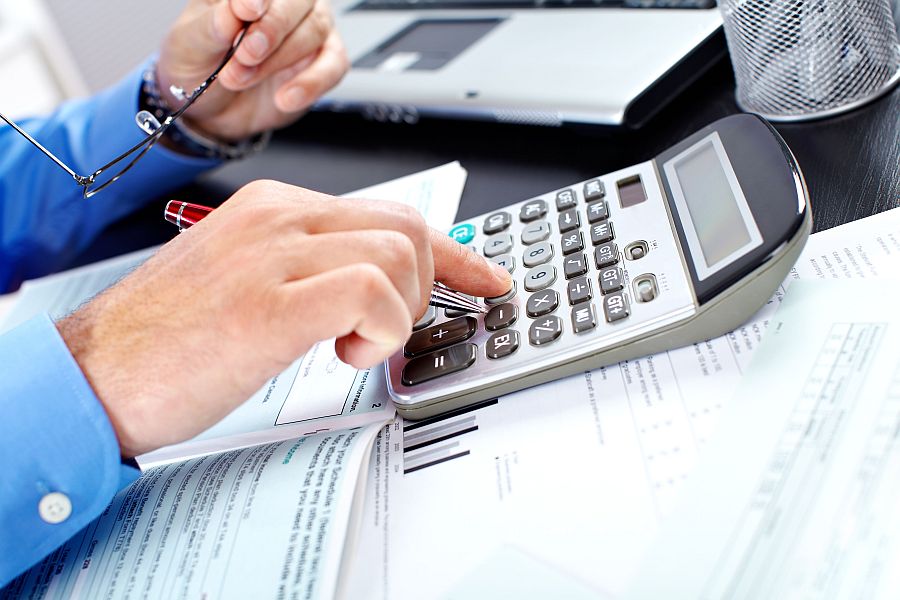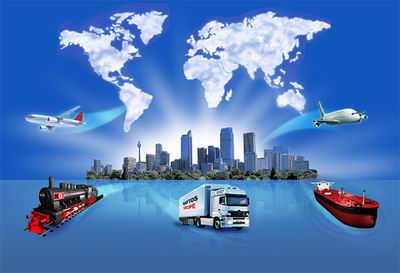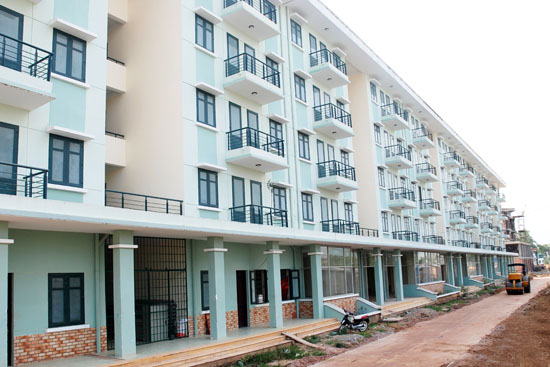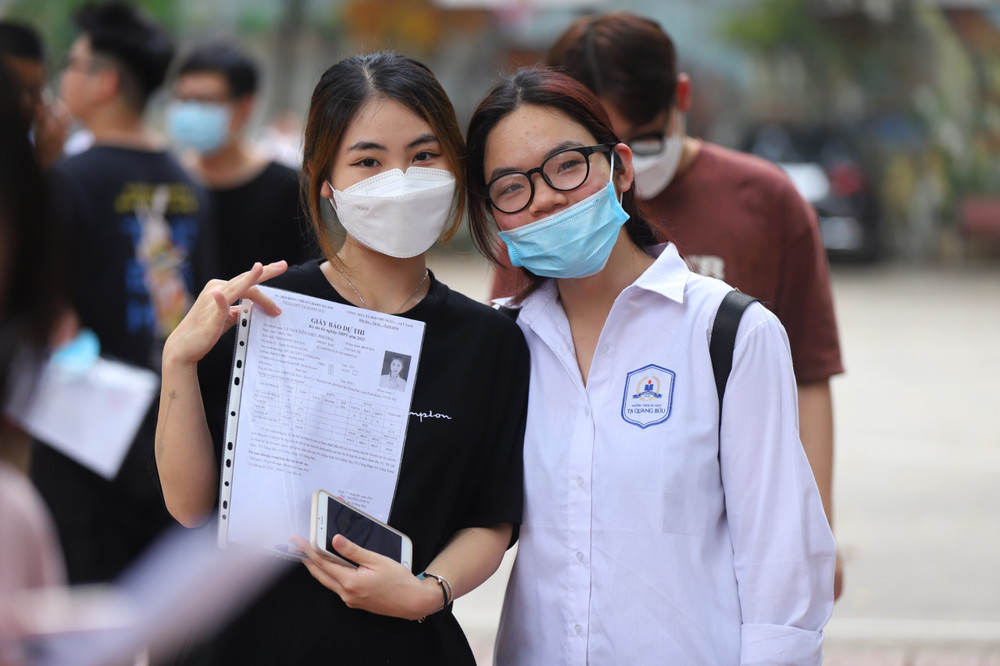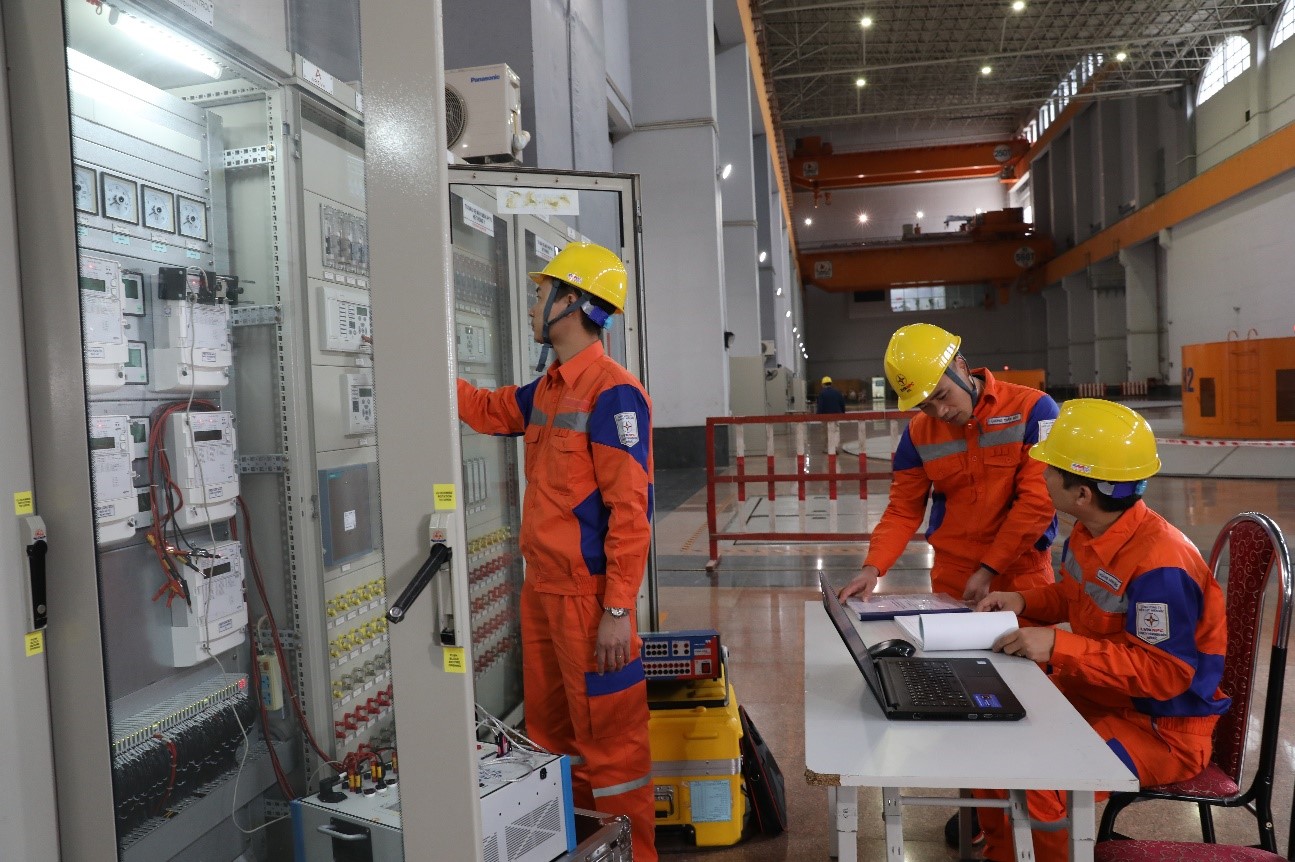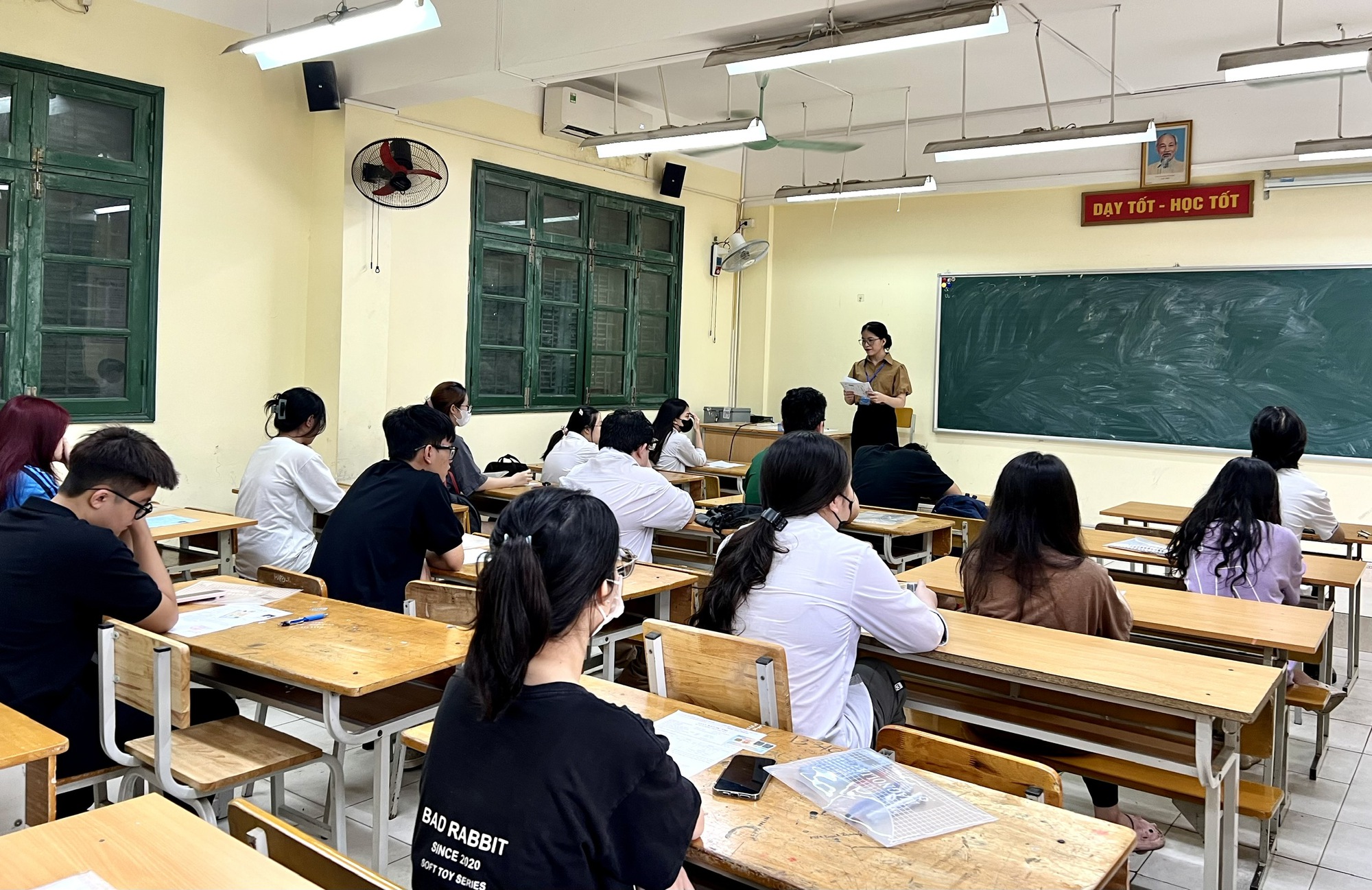According to the current regulations, there are 37 non-deductible expenses for determining income subject to CIT in Vietnam. What are those?

37 non-deductible expenses for determining income subject to CIT in Vietnam that accountants need to know (Internet image)
According to the provisions of Clause 2, Article 6 of Circular 78/2014/TT-BTC, amended in Article 4 of Circular 96/2015/TT-BTC and Article 3 of Circular 25/2018/TT-BTC, there are 37 non-deductible expenses for determining income subject to CIT include:
1. Expenses that do not meet all of the conditions in Clause 1 of Article 6 of Circular 78/2014/TT-BTC. amended in Article 4 of Circular 96/2015/TT-BTC.
Expenses that do not meet the following conditions:
- The actual expense incurred is related to the enterprise’s business operation.
- There are sufficient and valid invoices and proof for the expense under the regulations of the law.
- There is proof of cashless payment for each invoice for purchase of goods/ services of VND 20 million or over (including VAT).
2. Depreciation of fixed assets in one of the following cases:
- Depreciation of fixed assets that are not used for business operation (Except for fixed assets serving employees at the enterprise such as recreation room, canteen, locker room, bathroom, clinic, vocational training facility, library, kindergarten, sports facilities, furniture, and equipment therein that are classified as fixed assets; clean water reservoir, parking lot, employee shuttle, employee housing; expenditures on development of infrastructure, purchase of machinery and equipment that are fixed assets serving vocational education)
- Depreciation of fixed assets without proof of ownership of the enterprise (except for fixed assets under a lease purchase contract).
- Depreciation of fixed assets that is not recorded in the accounting books under applicable accounting regulations.
- Depreciation beyond the limit imposed by the regulations.
- Depreciation of fixed assets that have been fully depreciated.
- Depreciation of the portion of cost in excess of VND 1.6 billion per car for cars for the transport of 9 persons or fewer (except for cars used for passenger transport services, tourism, or hotel operations; cars used for display and test drive by car dealers);
- Depreciation of fixed assets being civil aircraft, yachts not used for transport services of passengers or goods, tourism, or hotel operations (Civil aircraft and yachts not used for transport of goods, passengers, and tourists are those of enterprises having registered and recorded depreciation of fixed assets but have not registered passenger transport, tourism or hotel business in their business registration certificates)
- In case of depreciation of constructions on land used for both business operation and other purposes, depreciation of constructions on the area of land not used for business operation must not be included in deductible expenses.
- Long-term land use right shall not be depreciated or included in deductible expenses when calculating taxable income;
3. Expenditure on consumption of raw materials, fuel, energy, and goods beyond limits on reasonable expenses imposed by the State
4. Expenditures on purchases of goods/services (without invoices, listed on statement of purchases No. 01/TNDN enclosed with Circular No. 78/2014/TT-BTC) without statements enclosed with receipts for payments to sellers/service providers in the cases below:
- Purchase of agricultural products, forestry products, aquaculture products directly sold by growers or catchers;
- Purchase of handicraft products made of dried jute, sedge, leaves, rattan, bamboo, straw, coconut shell, or aquaculture by-products directly by craftsmen.
- Purchase of earth, stones, sand, gravel directly sold by the excavating people;
- Purchase of scrap from collectors;
- Purchase of items, property, services from non-business households and non-business individuals;
- Purchase of goods/services from business households and business individuals (except for the cases mentioned above) whose revenue is below the level subject to VAT (VND 100 million per year).
5. Expenditure of lease of assets from individuals without sufficient documents:
- In case an enterprise leases assets from an individual, documents for determining deductible expenses is the lease contract and proof of rent payment.
- In case an enterprise leases assets from an individual and the lease contracts allow the enterprise to pay tax on such individual’s behalf, documents for determining deductible expenses are the lease contract, proof of rent payment, and proof of tax payment on the individual’s behalf.
6. Expenditures on wages and bonus for employees in one of the following cases:
- Expenditure on wages and other payables to employees that have been included in operating costs in the period but are not actually paid or do not have proof of payment as prescribed by law.
- Salaries and bonuses for employees for which the conditions for entitlement and rates of entitlement are not specified in one of the following documents: employment contract; collective labor agreement; financial regulations of the company, corporation or group; reward regulations issued by the President of the Board of Directors, general director or director under the financial regulations of the company or corporation.
- Expenditures on wages, salaries, and allowances of employees that have not been paid after the annual tax declaration is submitted, unless the enterprise has made a provision for inclusion in the wage fund of the succeeding year. The annual provision is decided by the enterprise, provided it does not exceed 17% of the released wage fund.
- Wages and salaries of the owner of a private company, a single-member limited liability company (owned by an individual); wages of the founders, members of the Board of members or the Executive Board who do not directly participate in business administration.
7. Expenditure on employees’ clothing
- In-kind expenditure on employees’ clothing without invoices
- Monetary expenditure on employees’ clothing that exceeds VND 05 million/person/year.
8. Rewards for ideas and innovations without specific regulations, without a council to assess ideas and innovations.
9. Expenditure on provision of leave travel allowance for employees on leave against regulations of the Labor Code.
- Do not have valid invoices issued by the goods or service provider.
- Do not comply with the enterprise’s financial regulations or rules for getting reimbursed for employees' trip expenses and air tickets with their personal banking cards.
10. The following deductible amounts shall not be deductible if they are not spent properly or spent beyond the limits:
- Expenditure on vocational training for female employees when they are no longer suitable for their current jobs.
- Expenditure on wages and allowances for teachers at the kindergarten managed and operated by the enterprise.
- Expenditure on additional health check-ups in the year such as occupational disease, chronic disease, or gynaecological examination.
- Extra allowance for female employees after giving birth for the first time or second time.
- Overtime pays for any female employee who does not take maternity leave after giving birth because of objective reasons, including the case of performance-based pay that the female employee earns during the paid maternity leave to which she is entitled.
11. The amount in excess of 3 million dong a month a person which is paid to voluntary pension fund, purchase of voluntary pension insurance and life insurance for employees; the amount in excess of the limits prescribed by the law on social insurance and health insurance which is paid to social insurance funds (social insurance, compulsory additional pension insurance), health insurance fund, and unemployment insurance fund for employees.
12. Redundancy pays for employees against applicable regulations.
13. Contributions to funding for administration.
14. Contributions to funds of Associations (established within the law) beyond the level imposed by such Associations.
15. Payments for electricity and water supply under contracts between households or individuals who lease out the business premises and the electricity, water suppliers without proof of payment in one of the cases below:
- The enterprise leases the business premises and directly pays for electricity and water supply to the suppliers without payment receipts and the lease contract.
- The company leases the business premises and directly pays for electricity and water supply to the lessor without a lease contract and receipts of payment to the lessor that match the electricity and water consumption.
16. Expenditure on lease of fixed assets beyond the annual budget for prepaid rent.
17. Payment of interest on loan serving business operation taken from entities other than credit institutions or business organizations which exceeds 150% of basic interest rate announced by the State bank at the time of taking the loan.
18. Payment of interest on loan equivalent to charter capital deficit (or invested capital in case of private companies) according to the capital contribution schedule, even if the enterprise is already in operation. Payment of loan interest during investment phase which has been included in value of assets or value of constructions invested.
19. Provisions made and used against instructions of the Ministry of Finance on making provisions: provision for devaluation of goods in stock, provision for loss on financial investments, provision for bad debts, provision for warranty, and provision for vocational risks of companies that provide valuation services or independent audit services.
20. Periodic accrued expense that is not used up at the end of the period.
Accrued expenses include: expenditures on periodic major repairs of fixed assets, expenditures on fulfillment of contractual obligations to the services for which revenue has been collected (including payments for leases of assets and provision of services that have been collected in advanced for many years and included in revenue of the year in which they are collected), and other accrued expenses.
21. Loss on exchange difference due to reassessment of foreign currency items at the end of the tax period, including exchange difference due to reassessment of closing balance, including: cash, deposits, money in transit, foreign currency receivables (except for loss on exchange difference due to reassessment of foreign currency debts payable at the end of the tax period).
22. Provision of sponsorship for education (including sponsorship for vocational education) for illegitimate recipients or without documentation about sponsorship for education
23. Provision of sponsorship for healthcare
- For illegitimate recipients: Sponsorship for medical facilities established under regulations of law on healthcare, provided the sponsorship is not meant to contribute capital or buy shares of such medical facilities; Sponsorship for medical equipment, medicines; Sponsorships for regular operation of hospitals, medical centers; Monetary sponsorships for patients via an organization permitted to raise sponsorship as prescribed by law.
- Without documentation about sponsorship for education
24. Provision of disaster recovery aid for illegitimate subjects or without documents about disaster recovery aid.
25. Provision of sponsorship for building houses for the poor
- For illegitimate recipients of sponsorships for building houses for the poor are poor households as prescribed by the Prime Minister
- Sponsorship for building gratitude houses, houses for the poor, or great unity houses without documentation about sponsorship.
26. Provision of sponsorship for scientific research against the law; provision of sponsorship for beneficiaries of incentive policies against the law; provision of sponsorship for extremely disadvantaged areas State programs.
27. Amount provided by an overseas company to cover administrative expenses of its permanent establishment in Vietnam beyond the limit calculated using the formula below:
Amount provided by overseas company to cover administrative expenses of its permanent establishment in Vietnam in the tax period = (Assessable revenue earned by the permanent establishment in Vietnam in the tax period/Total revenue earned by the overseas company in the tax period, including revenues earned by its permanent establishments in other countries) x Total administrative expenses incurred by the overseas company in the tax period
28. Expenses covered with other sources; expenses covered by the enterprise’s science and technology fund; Purchase of golf membership; golfing expenses.
29. Expenses related to hire of managers of prize-winning electronic games, casino business that exceeds 4% of revenue from electronic casino games/prize-wining electronic games or casino business.
30. Expenses that do not correspond with assessable revenues, except for:
- The actual expenditures on HIV/AIDS prevention at workplace;
- Expenditures on performance of duties pertaining to security and defense education, training, activities of militia forces;
- The actual expenditures on operations of Communist Party organizations and social-political organizations within the enterprise.
- Expenditures on provision of vocational education and training for employees
- Other special expenditures of each field shall apply corresponding documents issued by the Ministry of Finance.
31. Expenditure on infrastructural development during investment phase to create fixed assets.
32. Provision of sponsorship for local governments; sponsorships for associations, social organizations; charitable expenses (except for sponsorships for education, healthcare, disaster recovery, construction of houses for poor people, scientific research, beneficiaries of incentive policies, extremely disadvantaged areas under state programs mentioned in Points 22, 23, 24, 25, 26 in Clause 2 of this Article).
33. Expenses directly related to issuance of shares (except for shares classified as liabilities) and dividends (except for dividends of shares classified as liabilities), trading in treasury shares, and other expenses directly related to increase/decrease of the enterprise’s charter capital.
34. Payment for the right to mineral extraction beyond the practical amount payable in the year.
35. Expenditures on insurance business, lottery business, securities trading, and some special business activities shall comply with corresponding documents issued by the Ministry of Finance.
36. Payment of fines for administrative violations, including: traffic offenses, violations against regulations on business registration, violations against regulations statistical accounting; violations against regulations of law on taxation, including late payment interest prescribed by the Law on Tax administration, and fines for other administrative violations prescribed by law.
37. Taxes
Input VAT that has been deducted or refunded;
Input VAT of fixed assets being cars for the transport of 9 persons or fewer that exceeds the deductible limit prescribed;
- CIT other than CIT paid by the enterprise on behalf of the foreign contractor under the main contract which stipulates that the revenue earned by the foreign contractor and sub-contractors is exclusive of CIT;
- Personal income tax unless the employment contract states that employees’ salaries are exclusive of personal income tax
 Article table of contents
Article table of contents

